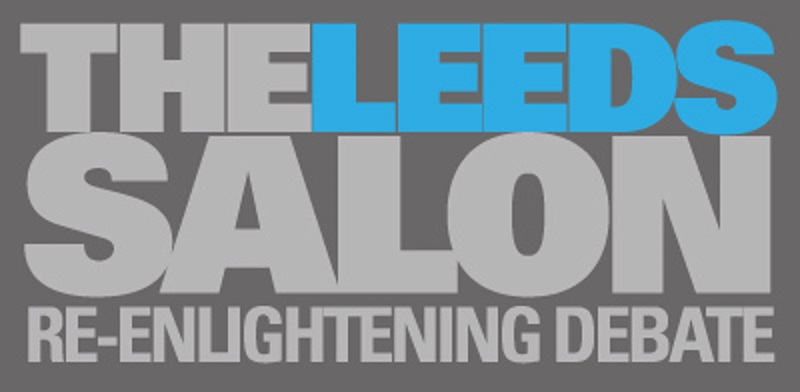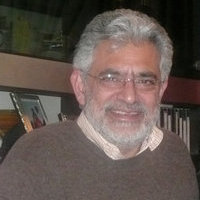Multiculturalism has come in for increasing criticism lately. Policies that were first posed as a solution to the racial conflicts of the 1980s have come to be seen by many as the cause of ‘myriad social ills’.
Recent comments by UKIP leader Nigel Farage in response to the Charlie Hebdo massacre that multiculturalist policies ‘wilfully segregate us’ and Prime Minister David Cameron that they have encourage ‘different cultures to live separate lives’, echo those of the former chair of the Equality and Human Rights Commission, Trevor Phillips, that such policies are out-dated and have legitimised ‘separateness’ between communities.
In particular, such separateness, some argue, is reflected in both the increasing disengagement of both Muslim youth and the growing attraction of ‘radical Islam’, and of sections of the white working class and the growing popularity of right-wing and anti-immigrant parties such as UKIP.
However, many would argue that not only have such policies helped make Britain a fairer and more tolerant nation, but to do away with them would risk taking Britain back 30 years – pointing to the rise of UKIP and racist incidents on social media and in sport as evidence of the ‘unwitting racism’, if not outright prejudice, that still lurks just below the surface of British society making the promotion of multiculturalism as necessary as ever.
So are the criticisms of multiculturalist policies fair? Do they threaten to re-create and reinforce a more divided Britain? Or are they still essential to delivering a fairer, more tolerant and egalitarian society? And if multiculturalist policy is a problem, what would we put in its place?




